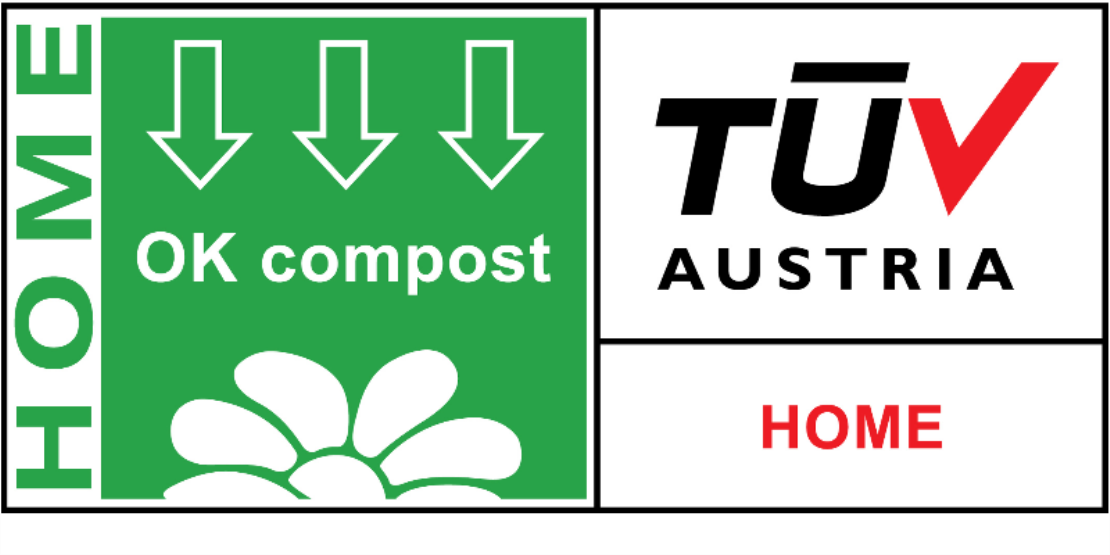What is EN-13432 Standard ?

EN-13432 is a European standard that specifies the requirements for compostable and biodegradable packaging. The standard provides guidelines for testing and verifying whether a packaging product meets the criteria for compostability.
The EN-13432 standard sets out the requirements for materials used in compostable packaging, such as the types of materials that can be used and the maximum levels of certain substances that are allowed. The standard also outlines the testing procedures and performance criteria that must be met in order for a product to be considered compostable.
The most important to be aware of while deciding to use compostable materials is the type of compostable material. There are two types of compostable materials. Industrial compostable and home compostable are two different types of compostable materials, each with its own set of advantages and limitations.
Industrial compostable materials are designed to be composted in large-scale industrial facilities, where the conditions for composting can be carefully controlled. These facilities have specific requirements for temperature, moisture, and aeration, and can process large volumes of compostable material. Industrial composting can break down materials quickly, typically within a matter of weeks, and the resulting compost can be used in agricultural or horticultural applications. Industrial compostable materials
Home compostable materials, on the other hand, are designed to be composted in backyard composting systems, such as compost bins or piles. Home composting relies on natural processes to break down the materials, which can take longer than industrial composting, typically several months to a year. Home compostable materials are often made from natural materials, such as paper or cardboard, that can break down more easily in a backyard composting system.
There are several key differences between industrial compostable and home compostable materials:
1. Processing Time: Industrial composting can break down materials more quickly than home composting, typically within a matter of weeks. Home composting can take longer, typically several months to a year.
2. Composting Environment: Industrial composting facilities have specific requirements for temperature, moisture, and aeration, while home composting relies on natural processes to break down materials such as backyard compost bin.
3. Application: The resulting compost from industrial composting can be used in agricultural or horticultural applications, while home composting is typically used for personal gardening and landscaping.

